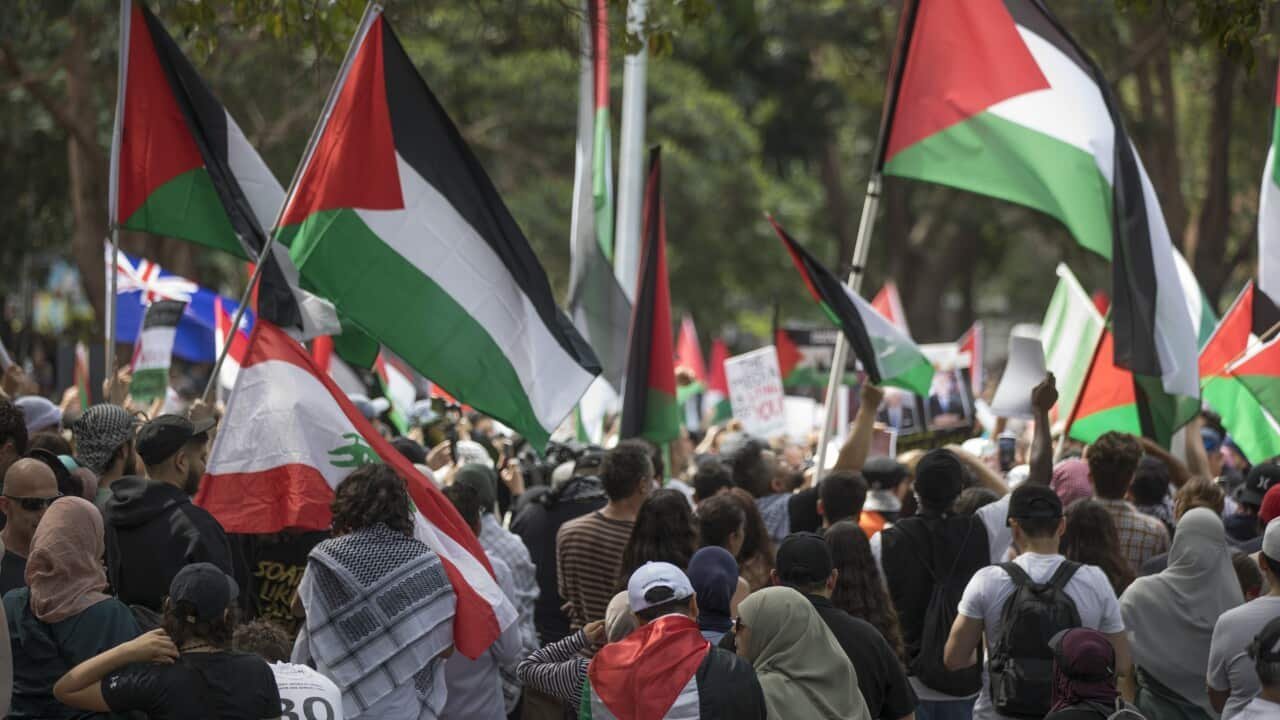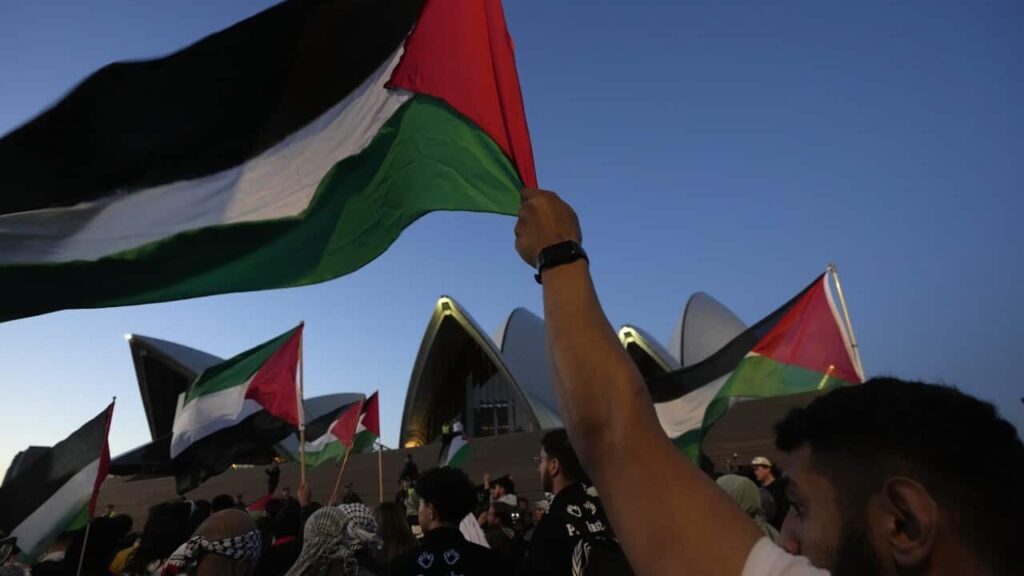Police Win Court Battle to Ban Pro-Palestine March on Sydney Opera House: 40,000 Protesters Told to Disperse as Judges Deem Event a ‘Public Safety Risk’
- In a dramatic ruling, the NSW Court of Appeal has prohibited a planned pro-Palestinian march to the Sydney Opera House, citing safety concerns over the expected 40,000 participants.
- The court’s decision means attendees would be deprived of legal immunity against certain offences, including obstructing roads, and could face contempt of court charges if they defy the order.
- The organisers, Palestine Action Group, had agreed to divide the crowd into smaller processions and disperse once they reached the Opera House forecourt, but police argued this plan was inadequate to prevent a crowd crush.
In a landmark decision, the NSW Court of Appeal has ruled in favour of the police, banning a planned pro-Palestinian march to the Sydney Opera House on Sunday. The court cited public safety concerns over the expected 40,000 participants, deeming the event a “public safety risk” and warning of a potential “crowd crush” disaster.
The Palestine Action Group (PAG) had organised the march, which was expected to begin in Hyde Park and conclude at the Opera House forecourt. However, police opposed the event, citing limited exit points from the forecourt and fears of a crowd crush. In a tense court hearing, a senior police officer described the plan as having “disaster written all over it.”
The court’s decision means attendees would be deprived of legal immunity against certain offences, including obstructing roads, and could face contempt of court charges if they defy the order. Assistant Commissioner Peter McKenna welcomed the ruling, saying “common sense prevailed” and that he expected a peaceful protest from Hyde Park to Belmore Park.
Organisers, including PAG spokesperson Damien Ridgwell, expressed disappointment at the decision, but vowed to continue their protest. “We won’t be marching to the Opera House,” Ridgwell said outside court. “We’ll call on the NSW Premier Chris Minns to light up the Opera House in the colours of the Palestinian flag.”

The court’s ruling has sparked concern among civil libertarians, who argue that the decision restricts freedom of political expression and could set a precedent for future protests. However, the NSW Police Force maintained that public safety must come first, citing the potential for a Hillsborough-type tragedy.
In a dramatic exchange during the court hearing, Chief Justice Andrew Bell questioned what might happen if the crowd did not disperse at the forecourt, or if something “went wrong” and people panicked.
The ruling has also sparked divisions within the community, with some groups welcoming the decision and others condemning it as an attack on free speech. Simone Abel from the Executive Council of Australian Jewry said, “Our community is deeply relieved,” while organisers argued that the court had unfairly restricted their right to protest.
The controversy surrounding the march has highlighted the complexities of balancing public safety with freedom of expression in a democracy.

